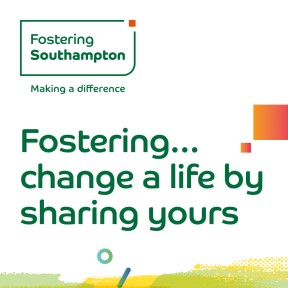Preparing for school
Starting school age
Children start school in the September after their fourth birthday. They will turn 5 during their first school year. For example, if your child’s fourth birthday is between 1 September 2021 and 31 August 2022 they will usually start school in September 2022.
You may not think your child is ready to start school. Children can start later as long as they’re in full-time education by the time they reach compulsory school age.
It is critical that you apply for a school place at the same time as everyone else. Then discuss your child’s later start with the school that you have chosen when you apply.
What to think about in the weeks before school
Starting school can have a big impact on your family. You and your child will have new routines to cope with, as well as all the emotions that come with such a big change. Your child may be feeling excited at the prospect of this next phase of your lives but there may be some worry and anxiety too.
Family Lives has some helpful online guides with advice about what to expect, and how to manage this change.
What can I do to help my child prepare?
The most important skills you can help your child to develop before they start school are confidence and independence. These include:
- Teaching them to use the toilet independently. You will find advice and tips on this at ERIC.
- Choosing clothes and shoes for your child that are easy to get on. These include, shoes with Velcro rather than laces, trousers or skirts with stretchy waist bands and t-shirts rather than shirts with buttons
- Choosing a lunch box that your child can open by themselves and give them time to practise opening the boxes and packets you will put inside
Your child’s school won’t expect them to be able to read, write or count, but there are things you can do at home to support these areas of development and get them ready for learning more at school.
How can I help the school get to know my child?
Most schools will ask you to fill out a form about your child before they start school, including what they like and don’t like. You may also want to talk to the school about anything else they might need to know to enable them to support your child as best they can, such as:
- Special educational needs and disabilities
- English as a second language
- Twins and multiple births – would you like your children to be in the same class?
- Life at home
What will my child learn at school?
Children in Reception class follow the Early Years Foundation Stage Curriculum. Your child will learn through play to give them the skills they need to progress through school and their future life. Find out more about the Early Years Foundation Stage and how to support your child’s learning and development at home.
Uniform
You’ll find out about uniforms when you visit the school and it’ll be in the school prospectus. Remember to label everything with your child’s name. This is vital as items will go walk about!
Lots of schools have second-hand uniforms for sale. It is also a good idea to ensure that your child has a bag of spare clothes which they can keep on their peg at school. There will be lots of opportunities for messy and wet play in Reception, so it’s a good idea to have an extra set, and as we all know, accidents do happen!
School lunches
You may want to think about whether you’d like your child to take a packed lunch or have a school meal when they start school. All children in Reception, Year 1 and Year 2 will get a free hot, nutritious meal at lunchtime. If your child will be taking a packed lunch, the school may provide guidance for healthy lunches. You can also find sample menus and ideas on how to keep lunchboxes fun, tasty and healthy on the NHS website.
If you have a question or need help finding a suitable school, get in touch with the Family Information Service.


